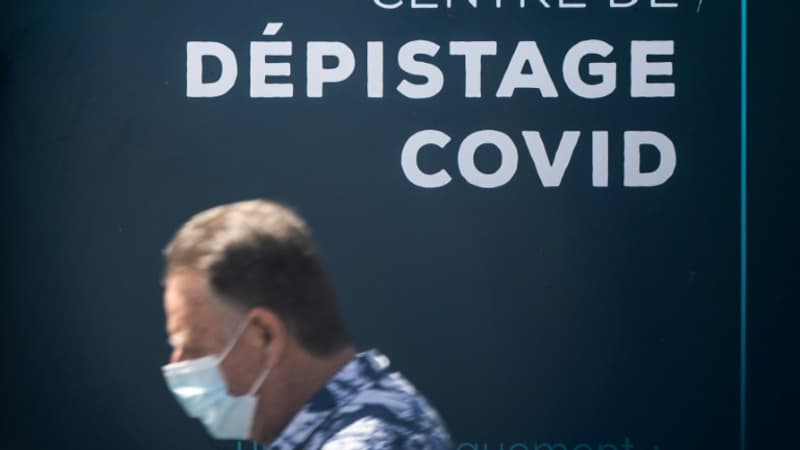It was exactly three years ago. On January 24, 2020, Agnès Buzyn, then Minister of Health, announced the first two confirmed cases of Covid-19 in France. A third was declared during the day. Since then, there have been lockdowns, lack of lockdowns, epidemic waves, vaccination campaigns, and withdrawals. But what have we really learned from the Covid-19 pandemic?
“Useless” was the word used by Olivier Véran on March 4, 2020 to describe the use of masks for all people who are not positive for Covid-19, vulnerable to this disease or health professionals. A few months ago, he was doing his my faultdeclaring to Parisian that “the truth is that, regarding the masks, we were wrong, neither more nor less”.
For the infectologist Benjamín Davido, this is a lesson that will probably be learned: “tomorrow we would not make the same mistake, the word ‘mask’ has entered the vocabulary.”
“In the population there is a greater sensitivity to public health reflexes such as the use of a mask or hand washing,” adds the health policy sociologist Daniel Benamouzig.
“Everyone knows what a mask is and when to put it on. The big question is whether it will persist,” adds the CNRS research director.
Better monitoring tools
The one who was part of the Scientific Council around Covid-19 believes that the pandemic has also brought to light that “a fraction of the population is reticent about these public health issues, on the issue of vaccination, freedoms or the mistrust of the citizens. authorities”.
It also highlights a “much stronger awareness of elected officials”, particularly at the local level, about public health issues and a spread of the idea that these “are the responsibility of the State.”
Epidemiological surveillance tools have also “awakened” with Covid-19, underlines Benjamin Davido, an infectologist at the Raymond-Poincaré de Garches hospital. At the beginning of 2020, “we did not have this know-how to monitor infectious agents” since the latest alerts such as H1N1, Ebola or SARS ended up affecting France little.
Not enough prevention
However, the infectologist believes that “we would be able to repeat the same mistakes.” Taking the example of monkeypox, he points out that “the reaction time was long, it was difficult to anticipate. However, we had the PCR tests, the vaccine, we had integrated the fact of testing asymptomatic people, and all the countries doubted “. anyway”.
Although the first case in France was confirmed on May 19, 2022, preventive vaccination was only offered after the opinion of the High Health Authority on July 8, 2022.
The different specialists interviewed by BFMTV.com agree that despite the three years of the Covid-19 epidemic, much remains to be done to anticipate and prevent this type of event. For Alice Desbiolles, public health physician and author of the book repair health“More emphasis should be placed on the global consideration of health and the prevention of risk factors, at the environmental level for example.”
In October 2020, UN experts writing a report on biodiversity noted that the risk of a pandemic was greatly increased by “human activities that fuel biodiversity loss.” They also estimated that the cost of reducing the risk of pandemics was 100 times less than the cost of responding to these pandemics (drugs, vaccines, etc.)
Despite these lessons, “we continue to focus on the treatment of diseases rather than on lifestyles”, “determinants of health risks”, such as alcohol, tobacco, food or housing, laments the sociologist Daniel Benamouzig.
No general comments
Epidemiologist Alice Desbiolles also deplores the lack of “real feedback, from debate between citizens, experts and politicians, which should have been brought to public debate. We need a global picture on the management of Covid-19.”
The same story with the infectologist Benjamín Davido: “we should be able to start the retrospective of what we have done well and less well.”
“We had no feedback, even at the local level, which destabilizes the teams after a tireless effort,” he laments.
This effort required of caregivers for three years is precisely another fear factor in the face of a hypothetical new pandemic. “The hospital has been devastated by successive waves and now the triple epidemic” of Covid-19, bronchiolitis and influenza and “the offer of care has not increased,” insists Benjamín Davido. Result: “we do with the same means, the same charitable souls, but more tired”.
Source: BFM TV


